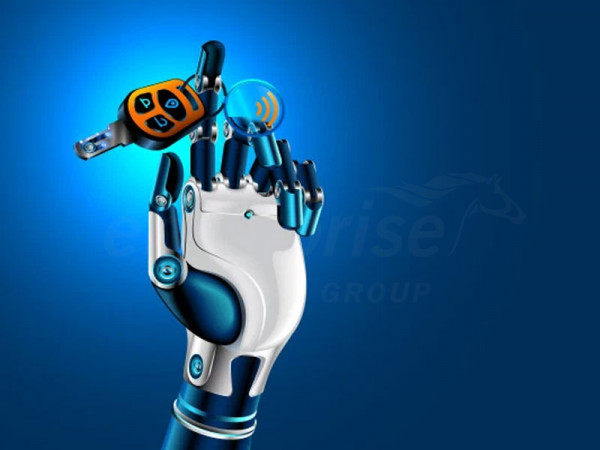Earlier this month, TechCrunch held its inaugural Mobility Sessions event, where leading mobility-focused auto companies, startups, executives and thought leaders joined us to discuss all things autonomous vehicle technology, micromobility and electric vehicles.
Extra Crunch is offering members access to full transcripts of key panels and conversations from the event, such as Megan Rose Dickey‘s chat with Voyage CEO and co-founder Oliver Cameron and Uber’s prediction team lead Clark Haynes on the ethical considerations for autonomous vehicles.
Megan, Oliver and Clark talk through how companies should be thinking about ethics when building out the self-driving ecosystem, while also diving into the technical aspects of actually building an ethical transportation product. The panelists also discuss how their respective organizations handle ethics, representation and access internally, and how their approaches have benefited their offerings.
Clark Haynes: So we as human drivers, we’re naturally what’s called foveate. Our eyes go forward and we have some mirrors that help us get some situational awareness. Self-driving cars don’t have that problem. Self-driving cars are designed with 360-degree sensors. They can see everything around them.
But the interesting problem is not everything around you is important. And so you need to be thinking through what are the things, the people, the actors in the world that you might be interacting with, and then really, really think through possible outcomes there.
I work on the prediction problem of what’s everyone doing? Certainly, you need to know that someone behind you is moving in a certain way in a certain direction. But maybe that thing that you’re not really certain what it is that’s up in front of you, that’s the thing where you need to be rolling out 10, 20 different scenarios of what might happen and make certain that you can kind of hedge your bets against all of those.



